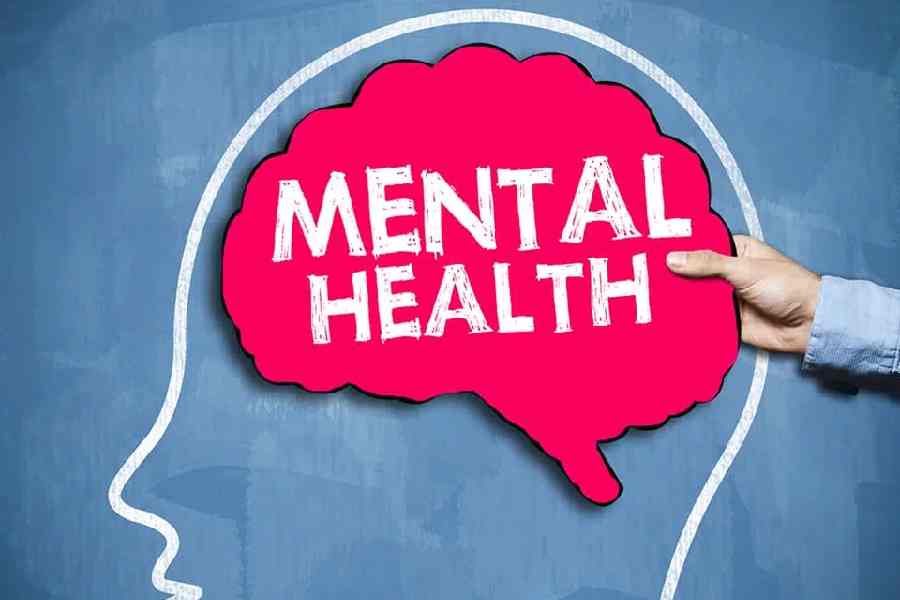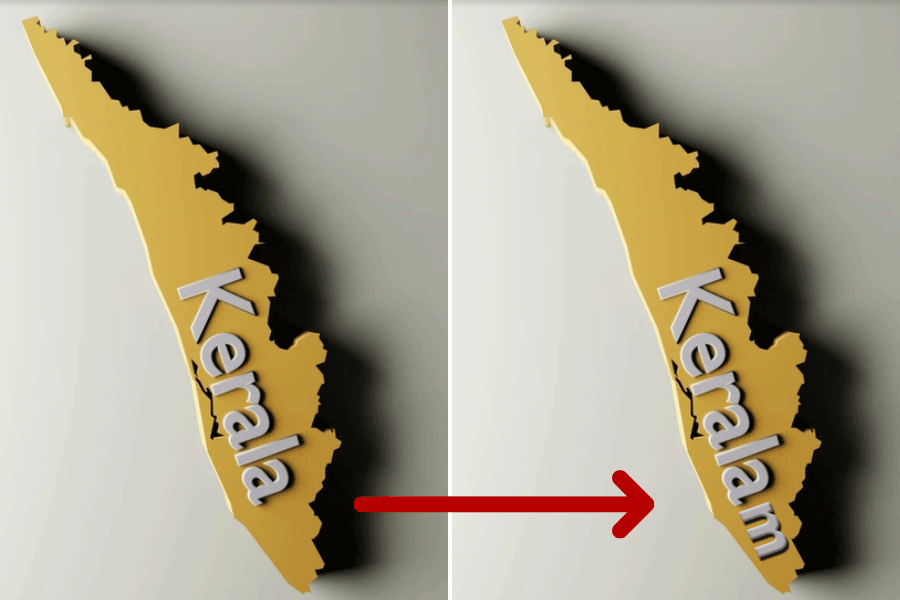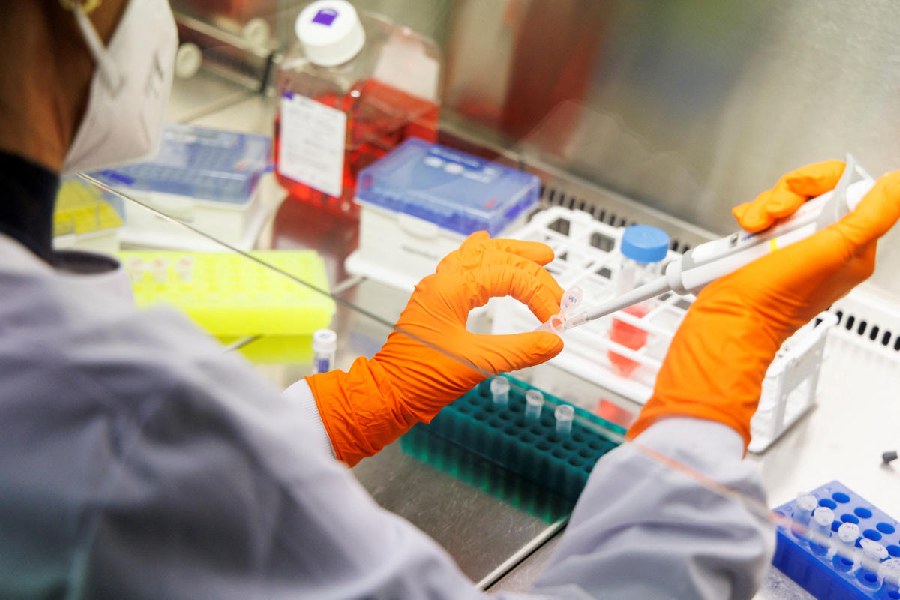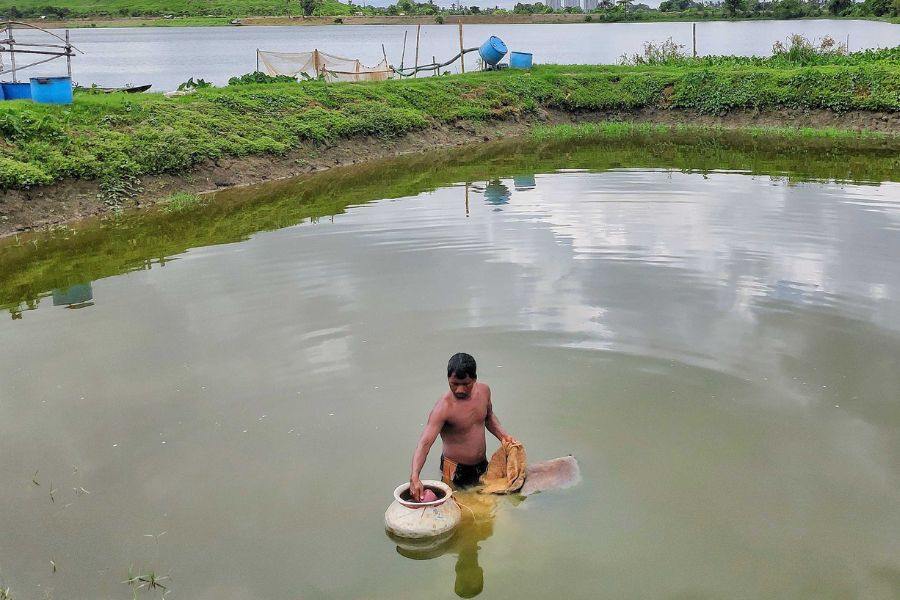India has made significant progress in identifying, rescuing, and supporting survivors of human trafficking. But the journey toward healing is long, deeply personal, and shaped by the systems around survivors — systems that remain ill-equipped to prioritise mental health.
Trafficking survivors consistently describe the experience of being handed vocational training forms or legal aid referrals while grappling with fear, confusion, shame, and numbness. This truth, often overlooked, lies at the heart of India’s rehabilitation gap.
Survivor collectives, grassroots organisations, and frontline workers have repeatedly pointed out that mental health is one of the most urgent, yet neglected, needs in the anti-trafficking ecosystem. Research bears this out. One Indian study by Utthan, a survivor-led collective in West Bengal, found that over 87% of trafficking survivors showed signs of persistent depressive disorders — nearly 50 times the national average for women. Other global studies echo similar trends: survivors of trafficking experience disproportionately high rates of anxiety, post-traumatic stress disorder, and self-harm.
Yet, mental health services are scarce, especially at the district level. Even the available resources are not trained to deal with such intersectional realities as caste, class, gender, and displacement. Where services do exist, they often follow a narrow biomedical model. Many survivors describe being placed in shelters with no space to process what they had endured. Some were offered a single counselling session; others weren’t even informed that mental health support was an option.
A deeper concern that survivors have raised is that emotional vulnerability can precede trafficking. Their stories often include childhood neglect, domestic violence, displacement, or systemic discrimination. This absence of mental health support is not just a gap in post-trauma care: it is a missed opportunity for prevention. Government programmes such as the Rashtriya Kishor Swasthya Karyakram, the School Health Programme, and Tele-MANAS often fail to reach those who need them most: school dropouts, children in homes affected by violence, migrants, and adolescents in marginalised rural or tribal communities.
Despite these systemic gaps, survivors across India have found ways to support one another. Peer-led circles, informal support groups, and survivor forums have emerged as safe spaces where individuals can share, process, and heal on their own terms. Take the example of the Integrated Leaders Forum Against Trafficking, a national collective of survivor leaders, which has established peer networks founded on shared experiences and trust.
Survivors consistently highlight that healing is not just about ‘getting better’. It is about reclaiming control, rebuilding relationships, mentoring others, and making choices from a place of strength. Mental health support can enable this transformation.
Survivors and those working alongside them have called for several urgent shifts.
First, mental health must be treated as central to both prevention and response. Every rehabilitation scheme should embed trauma-informed psychosocial care and every district-level shelter or anti-trafficking unit must be equipped to respond with compassion and competence. Without dedicated budgets, however, mental health remains an afterthought in policy interventions.
Second, the definition of ‘at risk’ must evolve. Mental health outreach must be tailored to the realities of children from marginalised communities, survivors of domestic violence, LGBTQ+ youth, and migrant adolescents and delivered in accessible, non-stigmatising ways.
Third, mental health support must go beyond clinical models to include community-based, peer-led, and culturally resonant approaches.
Finally, our measures of success must shift. Survivors do not want to be treated as case numbers. They want leadership opportunities, respect, and the autonomy to define their own healing journeys.
Suryaprabha Sadasivan is Senior Vice-President, Chase Advisors











